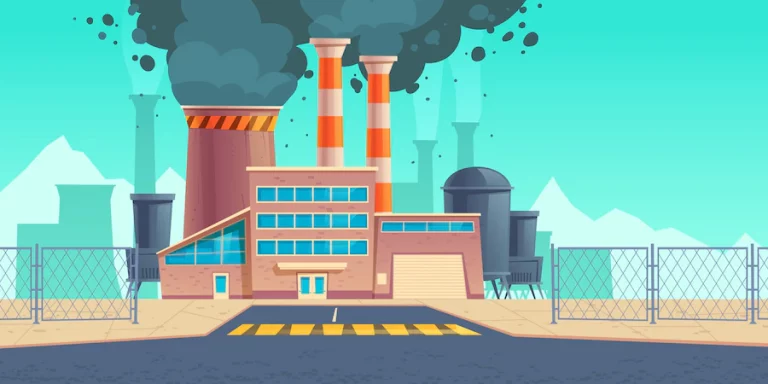
MELBOURNE, (Reuters) – Australia’s national and state ministers on Wednesday backed plans to spur investment in energy sources to supplement wind and solar, and to give the energy market operator authority to buy gas reserves needed to avert future fuel crises.
Federal and state energy ministers met on Wednesday to discuss a spike in gas and power prices due to coal supply problems and coal power plant outages which have driven up demand for gas for generation just as a cold snap boosted gas demand for heating.”The reason we are in this crisis today is because there hasn’t been enough planning about the changes that are necessary,” Australia’s energy minister Chris Bowen said.
“We agreed many points of action, around 11. Again – no silver bullet, no magic answers but material steps forward in a very positive fashion,” Bowen told reporters at a televised briefing after the meeting.
The crisis hit at a time when global coal and gas prices are at record highs, and last week led the energy market operator to cap wholesale gas prices and for the first time force exporters to divert gas supplies to the domestic market.Australia needs new back-up capacity for renewable energy as coal-fired plants, which provide around 65% of the country’s power supply, are set to close down over the next 20 years, with several closing in the coming decade.
To help drive investment in new power capacity, ministers agreed the country needs a “capacity mechanism” which would provide payments to owners of power that is available at any time, such as energy storage, for when the sun is not shining or the wind is not blowing.Regulators plan to release their latest proposal for a capacity mechanism shortly.
“And we are very keen to see that implemented as a matter of some urgency,” Bowen said.
The capacity mechanism was first proposed nearly a year ago, but faced opposition from those who see it potentially prolonging the life of coal-fired generation.
Bowen said ministers agreed the capacity mechanism should encourage “new technology”, but declined to say whether it could include payments to coal-fired plants.
Longer term, they also agreed to work on a national energy transition plan, in stark contrast to the past decade when states set their own goals in the absence of a national policy.






